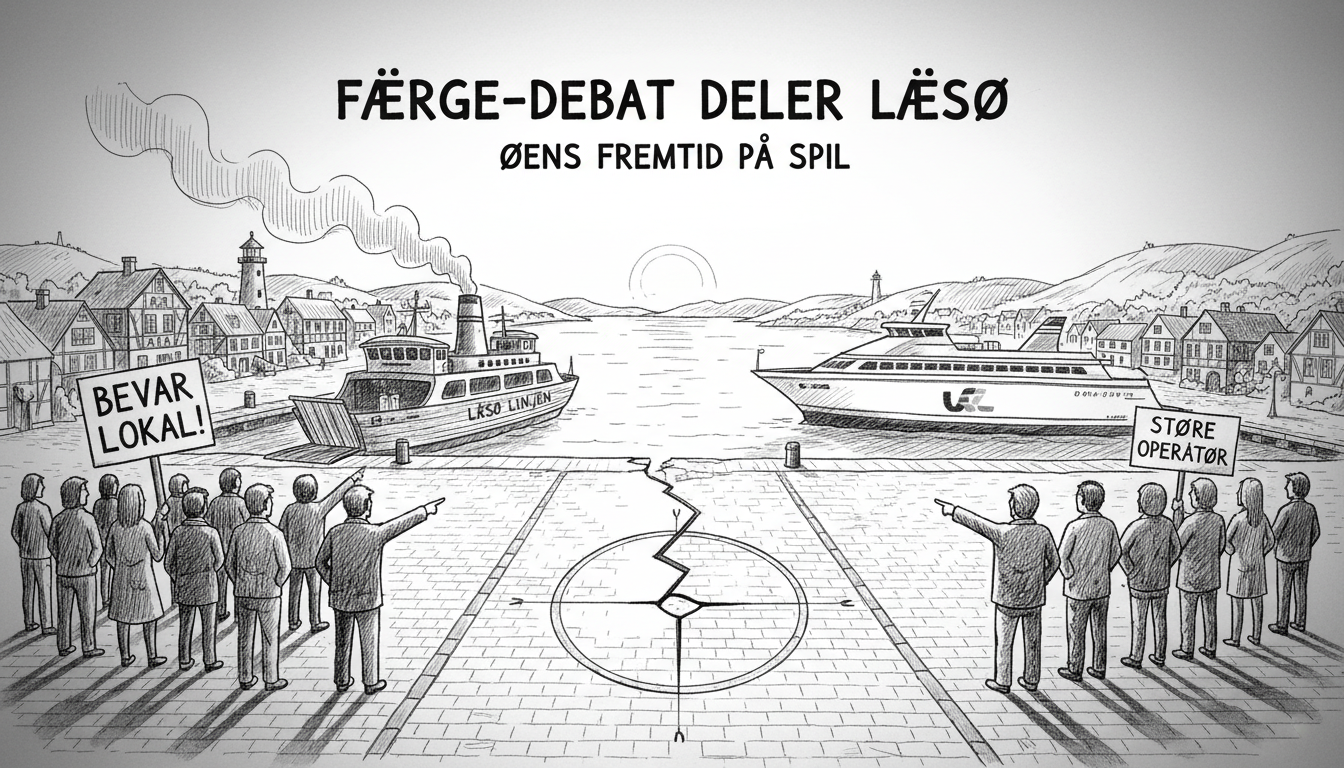A heated ferry debate is splitting the small Danish island community of Læsø. The island's 1,700 residents depend completely on their ferry connection to mainland Denmark. This vital transportation link has become the central issue in local elections.
Sanna Hoffritz, a 68-year-old nurse, wakes up extremely early four days each week. She catches the 6:00 AM ferry from Læsø to Frederikshavn for her nursing job in Sindal. Her workday stretches to twelve hours because of the ferry schedule. She has maintained this exhausting routine since 2021.
You really have to want this job, Hoffritz explained. These are very long days. The schedule only works because I arranged to start work later. But job opportunities are limited on a small island like Læsø. You make it work somehow.
The ferry serves as Læsø's lifeline to mainland Denmark. It transports groceries, medicine, and essential supplies daily from Frederikshavn. Commuters need the ferry to reach their workplaces. All island residents require ferry service to visit family and friends on the mainland.
Every Læsø resident has become something of a ferry expert. They all hold opinions about how ferry operations should function. Some opinions are well-informed while others are more casual. This ferry expertise has developed over generations of island living.
The ferry question has dominated island politics for decades. It now takes center stage in the upcoming municipal elections. Unlike previous debates, residents appear close to making a final decision about the ferry's future.
The core disagreement concerns who should operate the service. Should Læsø residents maintain control of their ferry? Or could the larger company Molslinjen provide better service? Island residents remain deeply divided on this question.
Small island transportation challenges affect many Nordic communities. Remote locations throughout Denmark, Sweden, and Norway face similar dilemmas. They balance local control against potential efficiency from larger operators.
The Læsø ferry decision carries economic implications beyond simple transportation. Reliable ferry service affects property values, business development, and population retention. Young families may hesitate to move to islands with uncertain transportation links.
Denmark's municipal election system gives small communities substantial influence over local services. Voters directly choose council members who control ferry contracts and transportation budgets. This system ensures local concerns receive proper attention.
Ferry operations represent a significant budget item for small municipalities. Taxpayers ultimately fund any subsidies required to maintain service. Voters must weigh service quality against financial responsibility.
The current debate reflects broader tensions between local autonomy and regional integration. Many Nordic communities struggle with similar questions. They want to preserve local character while accessing modern services and economic opportunities.
Læsø's decision will likely influence other island communities facing transportation challenges. The outcome could set precedents for how small Nordic communities manage essential infrastructure services.
Island residents will determine their ferry future through the democratic process. Their choice will shape Læsø's development for years to come. The entire Nordic region watches with interest as this small community makes its big decision.

